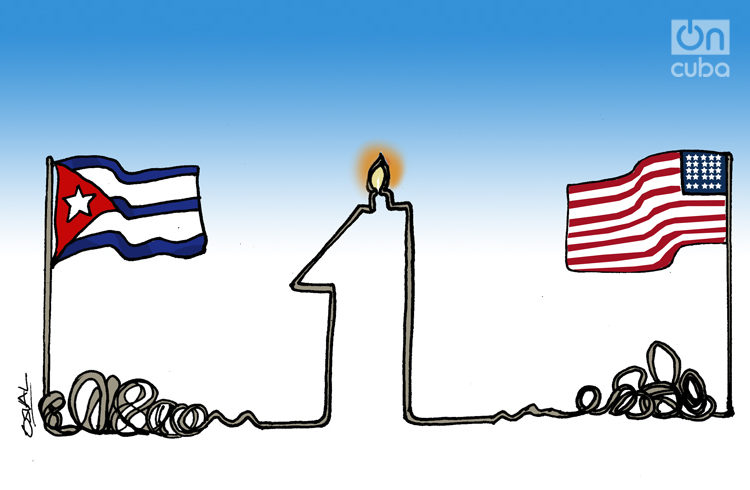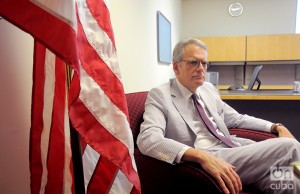Carlos Gutiérrez, former U.S. Secretary of Commerce:
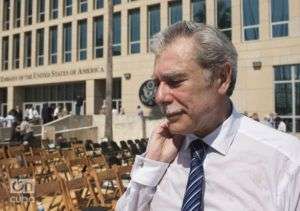 “In the past, I felt that the interests of our two countries were completely opposite. Today there are important changes in the Cuban economy, which are reflected in the new private restaurants, the buying and selling of homes, and the new stores that are opening. Cuba is changing, and it is time for us to change with it. Unlike other times over the last five decades, today we have the opportunity of helping the Cuban people, and it is imperative that we don’t let that opportunity go by. I would like to ask any opponent of normalization to visit Cuba, because I think they are going to reach the conclusion that the Cuban people are the biggest loser of any policy of isolation.”
“In the past, I felt that the interests of our two countries were completely opposite. Today there are important changes in the Cuban economy, which are reflected in the new private restaurants, the buying and selling of homes, and the new stores that are opening. Cuba is changing, and it is time for us to change with it. Unlike other times over the last five decades, today we have the opportunity of helping the Cuban people, and it is imperative that we don’t let that opportunity go by. I would like to ask any opponent of normalization to visit Cuba, because I think they are going to reach the conclusion that the Cuban people are the biggest loser of any policy of isolation.”
::::::::::::::::::
Richard Blanco, Cuba-American poet
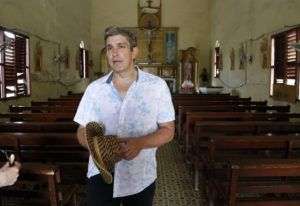 “My parents always told us that there was this place where we were from, but that they left because they knew there was a better life for us in the United States. So, in some way, ours was an American dream story,” he said. “But there was always the sense that we were going back somehow.
“My parents always told us that there was this place where we were from, but that they left because they knew there was a better life for us in the United States. So, in some way, ours was an American dream story,” he said. “But there was always the sense that we were going back somehow.
“It was not an explicit thing that they would say, but there was always the sense in the household that there was this paradise, this place, this homeland, and we could go back someday, though we were not sure when, of course. Throughout the years that feeling was less and less.”
::::::::::::::::::
Jeffrey DeLaurentis, Chargé d’Affairs of the U.S. Embassy in Cuba
“We are starting on a new course and we hope to establish a respectful and cooperative relation with Cuba, the Cuban government and its people. There are going to be things on which we will disagree, but we also feel there’ll be things on which we will be able to cooperate. Going forward, we think this will be beneficial not only for both countries, but also for the region.
We also think that our own approach in engaging with Cuba in this new way will be very beneficial to the Cuban people, and will provide greater opportunities. It will be an opportunity for us, as well, to advocate the universal values we feel are very important.”
::::::::::::::::::
David Seleski, presidente de Stonegate Bank
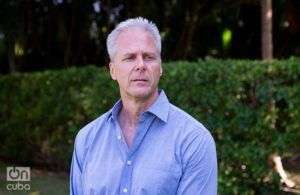 “The Cuban government is very cautious when doing business. “They look into every issue. They don’t just jump into anything. They did their own due diligence on us as well”
“The Cuban government is very cautious when doing business. “They look into every issue. They don’t just jump into anything. They did their own due diligence on us as well”
“Cubans conduct their risk assessment the same way we do in the United States. They are also relying on parties in the U.S. that understand U.S. law to help them. So it’s not just one person making the decisions.”
::::::::::::::::::
Freddy Balsera, political adviser born in the U.S. to Cuban parents
“That the embargo has failed is no secret for anyone,” he added. “Cuban exiles have acknowledged that it hasn’t brought about the change they expected. The disagreement now is between those who want to find new options and have the courage to speak about it openly, and those who for other reasons, whether emotional or of any other kind, think that the policy of coercion should continue.”
“It’d be arrogant of me as a foreigner to tell Cubans what’s going to happen here,” said Balsera. “I’m here to visit the land where my parents were born, and to show my solidarity to the Cuban people, taking part in this historic moment, because I believe that the best for Cuba and the best for the United States is a rapprochement between the two peoples. That will create the conditions for the people of Cuba to attain everything they ever wanted.”
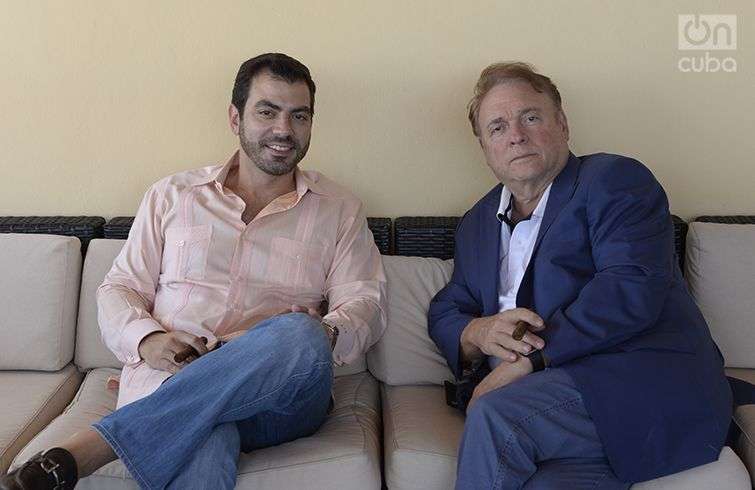
Stephen Zack, Cuban-American lawyer
“If you pay attention to the debates, what the Republicans are saying is that they would change Obama’s policy towards Iran, or that they would change Obamacare. With the exception of Marco Rubio (who is not going to be president), the rest of the candidates have said nothing about changing Obama’s policy to Cuba. I don’t think they will because the Latino vote is gaining more and more importance.”
“I don’t think things will change overnight,”
::::::::::::::::::
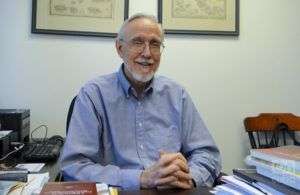 William LeoGrande, PhD, American University in Washington
William LeoGrande, PhD, American University in Washington
“If we assume that the embargo will, in fact, be lifted in the relatively near future…then I think the economic opportunity for Cuba is substantial. A lot more tourists will go visit Cuba from the United States; that will provide Cuba with revenue that it will be able to buy things from the United States. U.S. investors will go to Cuba, many of them Cuban-Americans who left Cuba many years ago and have been successful in the United States and would like to go back, like the Fanjuls, the Bacardi family. So I think it will be of benefit to the Cuban economy and to the standard of living of the Cuban people.”

